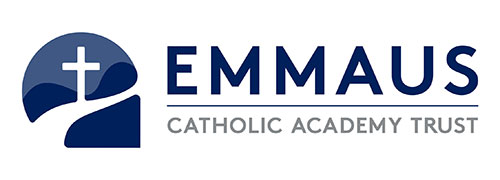Pupil Premium
Pupil Premium funding is to provide additional support to pupils entitled to/have been entitled to free school meals in the last 6 years, or pupils who are looked after by the Local Authority so that their attainment can be maximised.
If you think your child may be eligible for free school meals, even if you don't want your child to eat school meals, please fill in your details on the link below:
https://www.manchester.gov.uk/info/500186/education_benefits/7355/apply_for_free_school_meals
If you do not have online access you can pick up a copy of the form from the school office.
St. Kentigern’s takes an evidence-informed approach to Pupil Premium spending, prioritising effective quality first teaching. We offer help and support to teachers and provide subject-specific CPD to improve the quality of our teaching and pedagogical content knowledge. Improving teaching raises outcomes for all, but is exceptionally beneficial for the most disadvantaged. We utilise the recommended Education Endowment Federation tiered approach to Pupil Premium spending, which focuses on teaching, targeted academic support and wider strategies. A review of the above Pupil Premium strategy takes place termly, as part of pupil progress meetings and in July as part of the whole school data analysis.
In making provision for Pupil Premium children, we recognise that not all pupils who receive free school meals will be socially disadvantaged. We also recognise that not all socially disadvantaged pupils are registered for or qualify for free school meals. Therefore, we reserve the right to allocate the pupil premium funding to support any pupil that the school has legitimately identified as being socially disadvantaged.
This funding is used to provide many support systems and interventions. These fall into 5 categories:
- Addressing and assessing learning needs; phonics, spelling, grammar and reading comprehension, taught in flexible ability groups.
- Addressing and assessing educational needs through specialist assessment and individualised pupil programmes (both for educational and behavioural purposes). This provision includes on site speech and language therapy, which is funded by the school.
- Addressing and assessing EAL needs, particularly for new arrivals to the country.
- Addressing and assessing social need: accessing support for families via school–based programmes, such as school uniform, breakfast and after school clubs and food bank vouchers.
- Providing enrichment to encourage learning and set a context for it; trips and visits, visitors, sports, art and a practical and first-hand daily experience.
Eligibility Criteria
Parents/guardians in England do not have to pay for school meals if they receive any of the following:
- Income Support
- Income-Based Jobseeker's Allowance
- Income related Employment and Support Allowance
- Support under Part VI of the Immigration and Asylum Act 1999
- Child Tax Credit, provided they are not entitled to Working Tax Credit and have an annual income (as assessed by HM Revenue & Customs) that does not exceed £16,190
- Working Tax Credit 'run-on' - the payment someone may receive for a further four weeks after they stop qualifying for Working Tax Credit
- Guarantee element of State Pension Credit
Pupil Premium is an important payment for schools and a good opportunity for eligible parents to get even more support for their children in schools.
If you have any questions or would like to know more about Pupil Premium funding and how it is being used to benefit your child, please speak to the headteacher.












